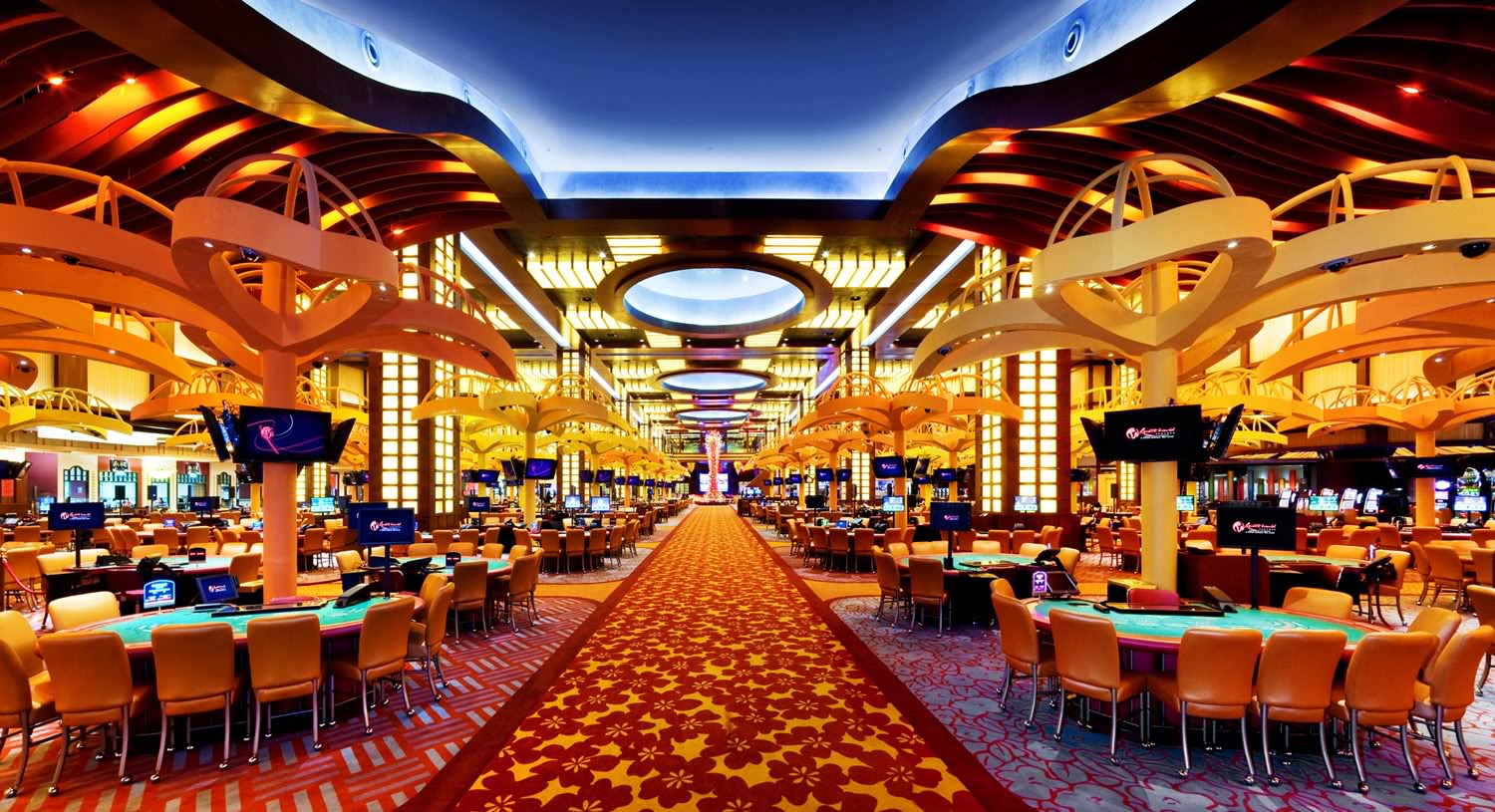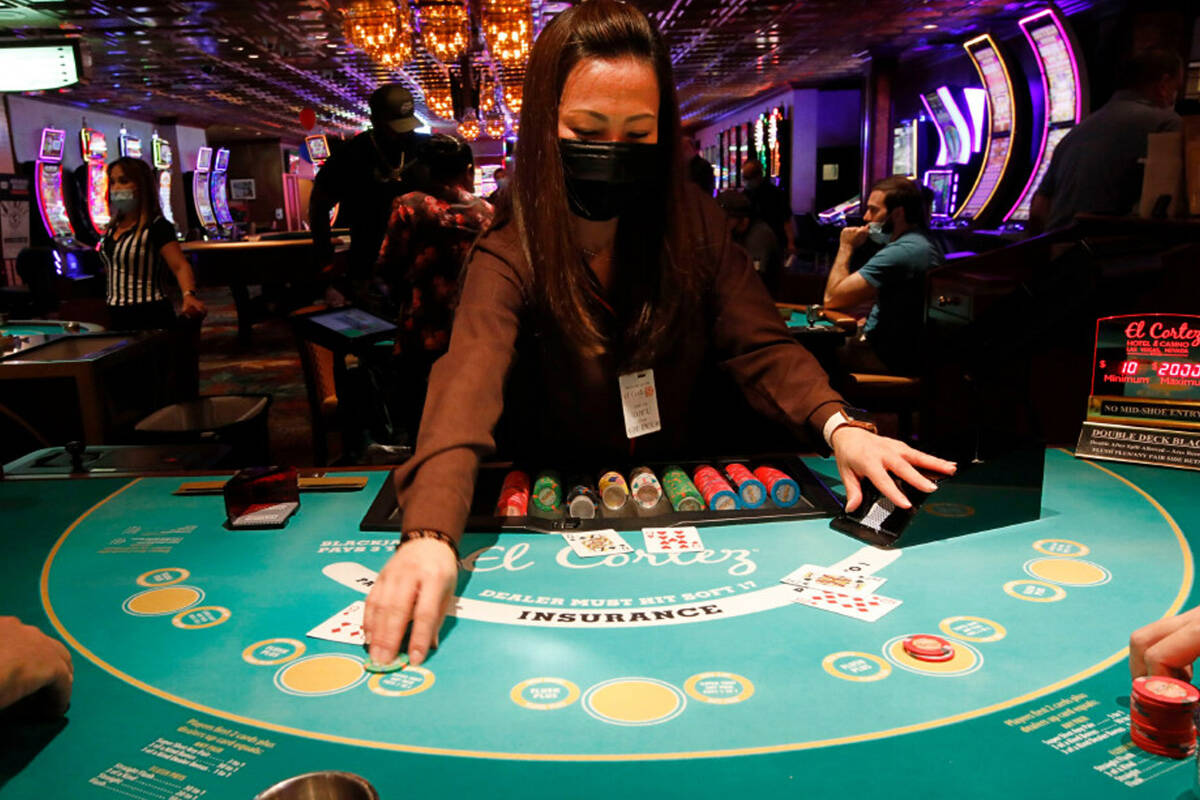Gambling games have long been a staple in human culture, delivering not just entertainment but a fascinating reflection of our aspirations, wishes, and anxieties. From the spinning reels of a slot machine to the tactical play of poker, these games encapsulate a spectrum of human sentiments and incidents. At their core, casino games are more than a chance to win money; they are a reflection of life itself, where danger and gain merge and fortunes can change in an instant.
As players assemble around tables or sit in front of brightly lit machines, they engage in a tradition that transcends mere playing. These games reflect our innate desires for connection, adventure, and the search for fortune. They also disclose deeper truths about human behavior, such as our relationship with fate and the adrenaline of risk. In exploring casino games, we uncover not only the mechanics of play but also the rich tapestry of the human journey, showcasing our woven narratives of goal and reality.
The Mind Behind Gambling
Wagering is intrinsically connected in human psychology, appealing to various feelings and desires. The excitement of risk-taking is a core aspect that attracts participants, whether the excitement of spinning a roulette or the excitement of drawing a winning card in poker. This adrenaline is often compared to other forms of excitement, as the unpredictability of outcomes triggers a unique psychological response. Gamblers often find themselves captivated by the possibility of striking it rich, leading to an almost magnetic draw toward casino games.
Another, a crucial component of the psychology behind gambling is the concept of optimism and aspiration. Players often nourish fantasies of financial freedom and the opulent lifestyle that can accompany winning. This hope fuels their ongoing participation in casino games, as it provides a sense of meaning and the conviction that a transformative win could be just one bet away. The story of beating the odds and finding success resonates with many, strengthening their dedication to play and involve themselves with these games.
Finally, social aspects play a crucial role in gambling psychology. Casino environments are designed to foster social interaction, where gamblers gather to share the journey of wins and losses. This communal aspect not only amplifies enjoyment but also affects behavior, as individuals often imitate the actions of others around them. The collective approval found in mutual thrill can magnify the emotional experience, making casino games a mirror of not just personal desires but also collective engagement within the gambling community.
## The Dual Nature of Risk and Reward
Casino games embody the subtle balance between risk and reward that resonates deeply with human psychology. The rush of placing a wager is often accompanied by a jolt of energy, as players are confronted with the chance of winning big, yet conscious of the potential to suffer losses. BJ88 This twofold experience reflects a core aspect of life: the paths we choose often come with intrinsic risks, and the chase for gain can drive us to take chances we might not typically consider. In this way, casino games mirror real-world decisions, enticing gamblers to gamble not just their funds, but also their hopes.
The allure of jackpot prizes and winnings fuels a wave of hope, motivating gamblers to envision a brighter future that could arise from a fortunate turn of the roulette or flip of a card. This hope can motivate individuals to engage in riskier behaviors, pushing them to take greater risks in search of financial gain. However, just as in life, the outcomes of these decisions can lead to both victory and loss. The stories of both big winners and those who have lost everything at the tables demonstrate the random nature of chance and its consequential repercussions on our lives.
Ultimately, the interaction of engaging with casino games serves as a vivid illustration of the nature of humanity. Every round played is loaded with the tension of ambiguity, as players weigh the rewards against the dangers. This interaction not only highlights the excitement that comes with betting but also exposes the vulnerabilities that come with the desire for more. As we journey through the challenges of choice and results in both the gambling world and in life, we find that the quest for gain shapes our sense of self and journeys in significant manners.
Culture and Loneliness in Gambling Environment
Casino culture is a distinct combination of social engagement and individual endeavor, reflecting the contrasts of human experience. Gamblers often gather around games, experiencing in the thrill of the game, rejoicing in wins, and sympathizing over losses. This social aspect is crucial, as it fosters a sense of belonging and camaraderie among varied groups of people. Regular attendees to casinos may build friendships and establish routines, turning the gambling venue into a alternative home where they feel connected to a larger community of players. Casino BJ88
However, the appeal of casino games can also result to isolation. As individuals become immersed in the thrill of gambling, they may isolate from personal connections or fail to interact with the environment outside the gaming space. For some, the search of a jackpot can distract from real connections, leading to loneliness. The situation of being surrounded others yet feeling solitary is not uncommon, as the focus shifts from shared enjoyment to the individual concerns of each individual’s journey.
This interplay of community and isolation creates a rich tapestry that defines gaming culture. It showcases the complexity of social interactions, where happiness and despair coexist. Gambling venues serve as both a sanctuary for social interaction and a platform for individual struggles, demonstrating how intimately entwined our desire for companionship and the personal quest for fortune can be. In navigating this landscape, players confront their own stories—seeking both the rush of the wager and the companionship of other players, eventually reflecting the wider spectrum of human experience.




